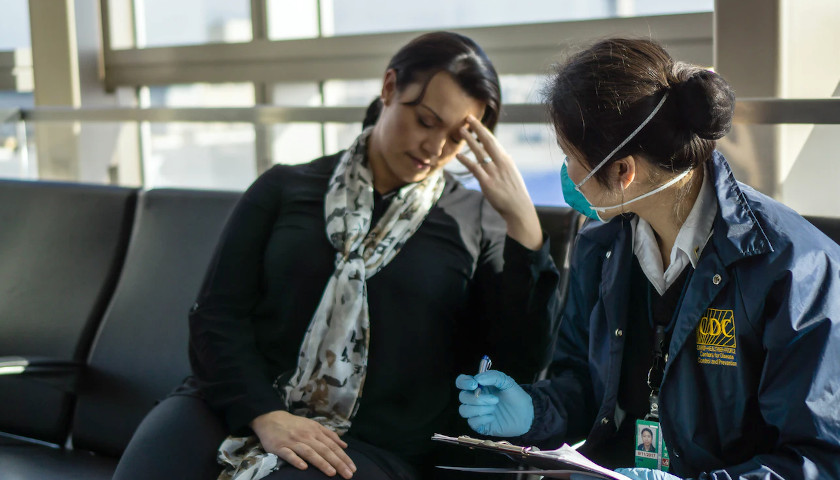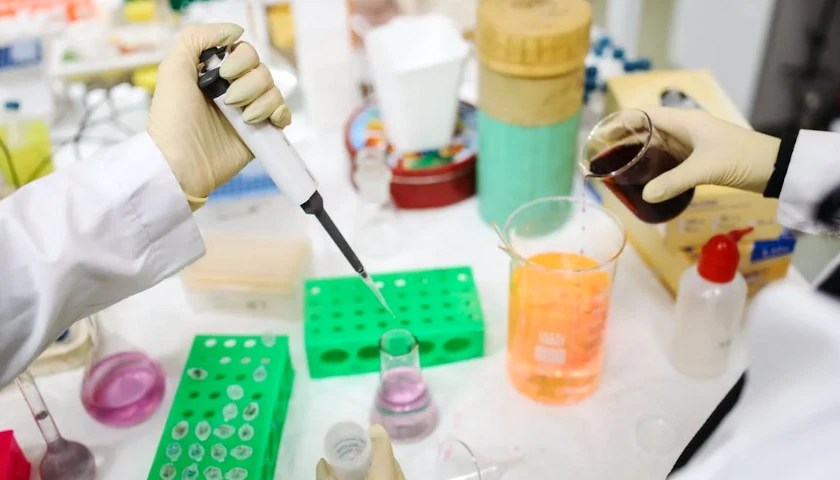The Centers for Disease Control and Prevention (CDC) released a report last month in which the nearly 71 percent of individuals infected with COVID-19 reported “always” wearing their mask. This opposed to the 4 percent of infected individuals who “never” wore masks.
The number of individuals infected with COVID-19 positively correlated with the consistency of mask-wearing. The report didn’t address the possible correlation between face mask hygiene and COVID-19 infection, such as proper handling and disposal of masks. It also didn’t differentiate the respondents’ mask types.
The study assessed 314 people tested between July 1 and 29 in 11 different healthcare facilities. Case-patients were symptomatic adults who tested positive for COVID-19. Control-participants were symptomatic adults who tested negative for COVID-19, which might indicate a different illness. Over 48 percent of infected individuals had at least one chronic underlying condition.
“In the 14 days before illness onset, 71% of case-patients and 74% of control-participants reported always using cloth face coverings or other mask types when in public.”
The report’s takeaway didn’t mention the correlation between levels of reported mask-wearing and infection rates. Rather, it focused on the fact that infected individuals reported visiting dining establishments. Most case-patients and control-participants even reported that other restaurant or bar patrons followed face mask and social distancing guidelines.
“What is added by this report? Findings from a case-control investigation of symptomatic outpatients from 11 U.S. health care facilities found that close contact with persons with known COVID-19 or going to locations that offer on-site eating and drinking options were associated with COVID-19 positivity. Adults with positive SARS-CoV-2 test results were approximately twice as likely to have reported dining at a restaurant than those with negative SARS-CoV-2 test results.”
This is the conclusion drawn, though the report also mentions over 50 percent of “close contacts” were infected family members. Another 30 percent of individuals reported their close contacts as friends and co-workers. The CDC combines health care workers, restaurant patrons, employee spouses, day care teachers, religious congregation members, and unspecified into a category of close contacts titled “Other.”
The number of restaurant patrons associated as a close contact is one, approximately.
The CDC then suggests consideration for reducing exposure in areas where people are gathering to eat and drink. The report also admits that they can’t link conclusively the exact moment of infection to dining establishments.
CDC Director Dr. Redfield stated in a Senate Health Committee hearing less than a week after the publication of the report that face masks were the most important in protecting others and even ourselves from COVID-19.
“Face masks are the most important, powerful public health tool we have. I will continue to appeal for all Americans, all individuals in our country to embrace these face coverings. If we did it for 6, 8, 10, 12 weeks we’d bring this pandemic under control. These face coverings – we have scientific evidence they work and they are our best defense, and might even go so far as to say that this face mask is more guaranteed to protect me against COVID than when I take a COVID vaccine, because the immunogenicity may be 70 percent. And if I don’t get an immune response, the vaccine is not going to protect me. This face mask will.”
– – –
Corinne Murdock is a reporter at The Tennessee Star and the Star News Network. Follow her latest on Twitter, or email tips to [email protected].




